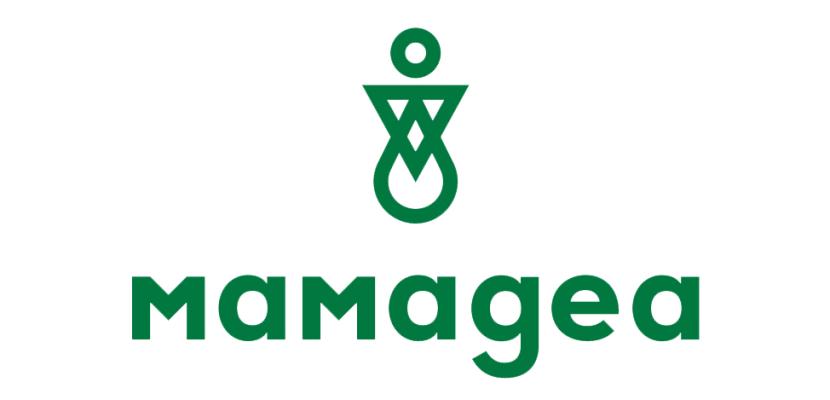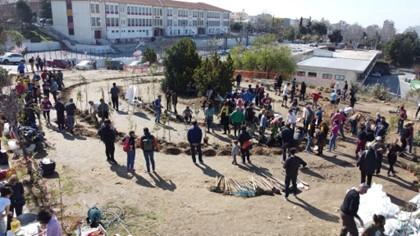
Green Sustainable Paths

About this good practice
The Green Sustainable Paths project, initiated by Mamagea and implemented in collaboration with the Municipality Neapoli - Sikes and the social cooperative “COB.gr”, focuses on creating a food forest in Thessaloniki as a practical application of circular economy and sustainability. The project addresses the growing need for urban green spaces, sustainable food systems, and community involvement in environmental stewardship. By transforming underutilized urban land into a productive food forest, the project promotes biodiversity, improves local ecosystems, and fosters sustainable living habits.
Key activities include planting diverse edible plants and trees, hosting workshops on permaculture and sustainable agriculture, and involving the local community in co-creating and maintaining the forest. Educational programs aim to teach participants about the principles of circularity, the importance of biodiversity, and the potential of food forests to address urban environmental challenges.
The project’s inclusive approach ensures active participation from local residents, schools, municipal workers and environmental organizations. Beneficiaries include the broader community of Thessaloniki, who gain access to green spaces, fresh produce, and knowledge about sustainable practices. The food forest also serves as a living lab for testing urban circular economy and permaculture applications.
Expert opinion
Resources needed
Mamagea's first-phase budget is €20,000 (EU Staff Fund - King Baudouin Foundation), and the Municipality of Neapoli-Sykies allocates €15,000 from its own funds. The second phase has €6,000 from the Leventis Foundation. The municipality also provides 20 technical workers as human resources.
Evidence of success
The project transformed a neglected urban area in Neapoli, Thessaloniki, into a thriving food forest, tackling biodiversity loss, green space scarcity, and climate education. In one year, it planted 750+ food-producing trees and engaged 250 youth in climate education. With 300+ community participants, 20 trained municipal workers, and key infrastructure, it fosters sustainability. The documentary Cracks of Green (2025) amplifies its impact, inspiring wider replication.
Potential for learning or transfer
Green Sustainable Paths project and the Food Forest exemplify how urban spaces can be repurposed to address sustainability challenges. The project is deployed in 2 phases: a) co-creation of the Food Forest, and b) Transform the Food Forest into a climate education and action hub. Its participatory model and focus on permaculture are key elements of its sustainability and highly transferable to other urban contexts, particularly in regions seeking to enhance community-driven environmental solutions. Key factors for success include community engagement, partnerships with local organizations, and adaptable design principles that suit different urban environments. Ultimately, the Neapolis Food Forest improves local communities’ life in the long run by serving as a unique hub for intergenerational education for climate change, co-created by and for its community, extending the cemented limits of local schoolyards into a communal green space of regeneration and reconnection with nature.
Further information
Cracks of Green
Images
Website
Good practice owner
You can contact the good practice owner below for more detailed information.



